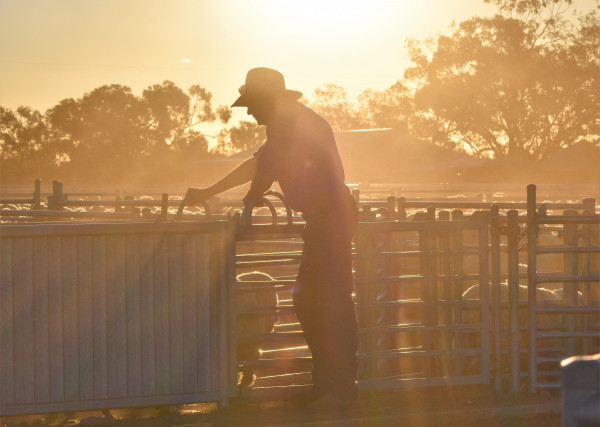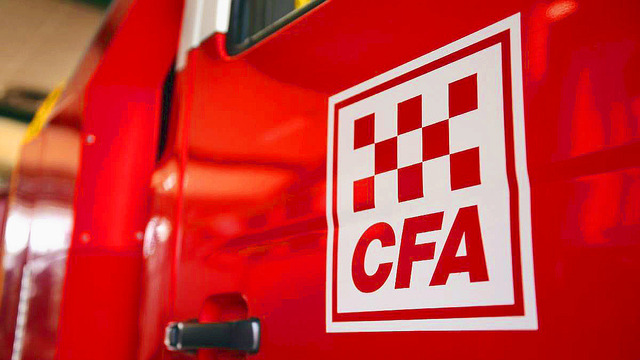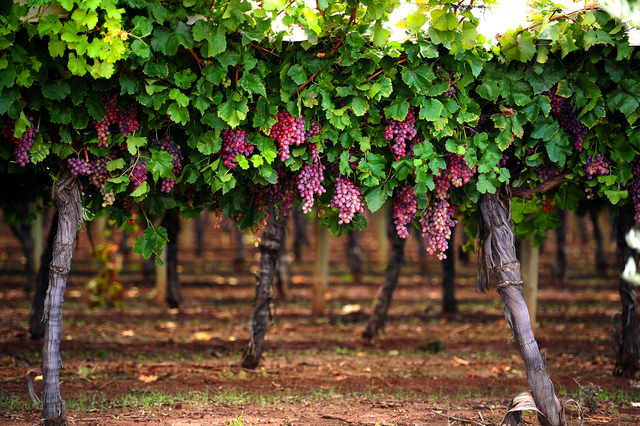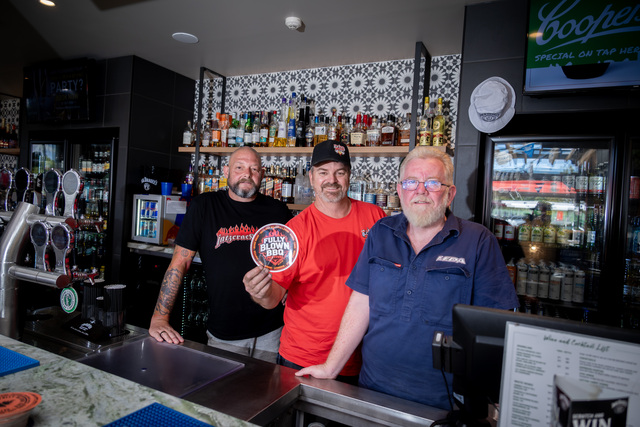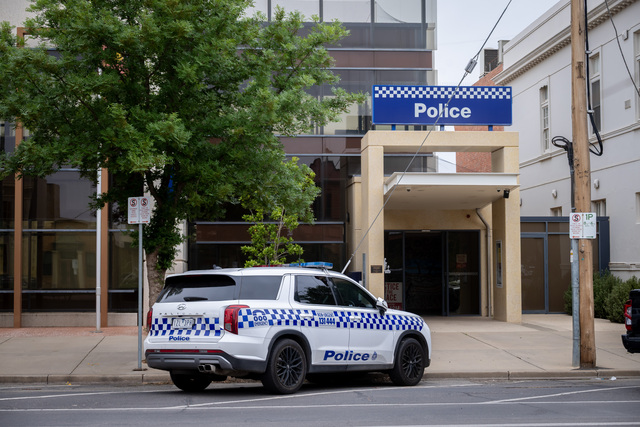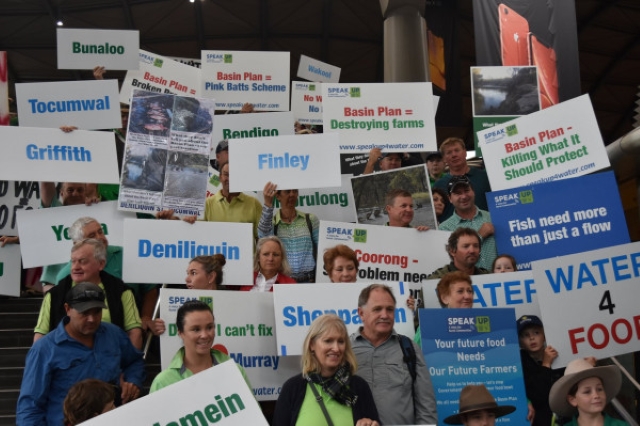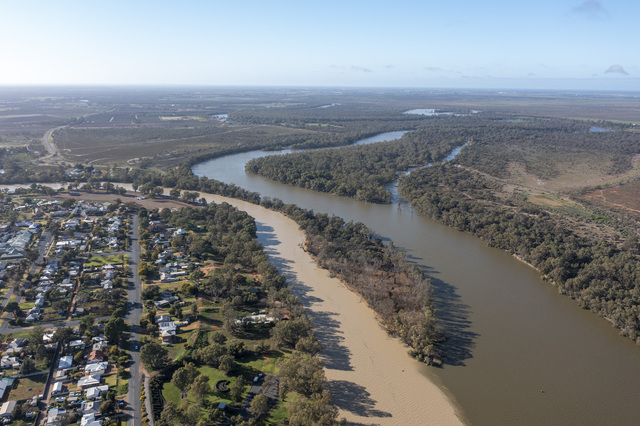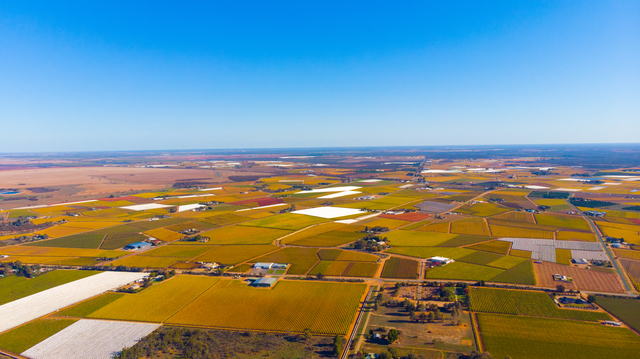FARMERS are urging politicians to “do the right thing” as debate on the controversial Biosecurity Protection Levy begins in the Senate this week.
From July 1, the levy would collect an amount equal to 10 per cent of farmer’s existing industry-led agricultural levies. Importers will also be charged increased fees and charges under the plan, which was unveiled in last year’s Federal Budget.
National Farmers’ Federation president David Jochinke believes there is mounting evidence that the policy is poor and should be scrapped, but the government had the numbers to wave it through the lower house.
“We call on senators to see commonsense and hit ‘pause’ on this legislation so they can listen carefully to the criticism this flawed policy has drawn,” Mr Jochinke said.
“It’s not just Australia’s 85,000 farmers who have raised alarm bells, it’s also the Productivity Commission, the Australian National University, the Office of Impact Analysis and even importers.
“While we never wanted this legislation to get this far, the best-case scenario is for it to be sent to Senate Committee for appropriate scrutiny. This will provide the time and analysis to properly consider farmers’ concerns.”
More than 50 agricultural representative groups previously signed a joint letter to the prime minister, expressing unified opposition and concerns about the proposal.
Leader of the Nationals David Littleproud said the proposed tax is an extra cost that will not only hurt farmers, but also hurt families at the checkout.
“In what parallel universe would any Australian government tax their own farmers, to pay for foreigners to bring their products into this country?” Mr Littleproud said.
“Labor needs to listen to the string of concerns raised by all Australian producers and their representative groups by scrapping the new tax immediately.”
The government forecast that with the levy in place, the $804 million biosecurity budget next financial year would be funded 48 per cent by importers, 44 per cent by general tax revenue, 6 per cent by primary producers and 2 per cent by Australia Post.

